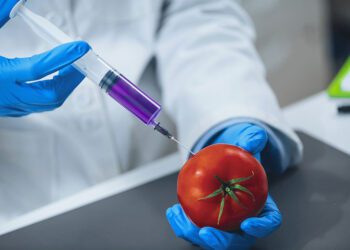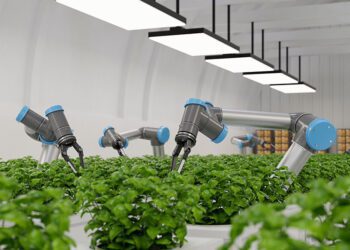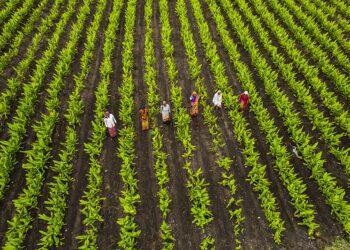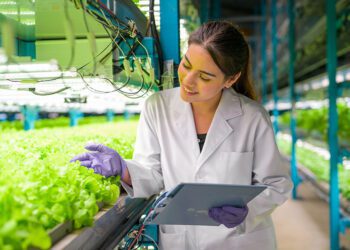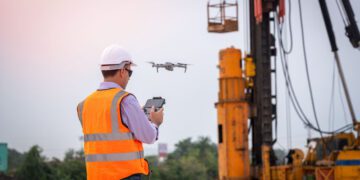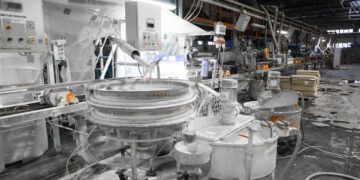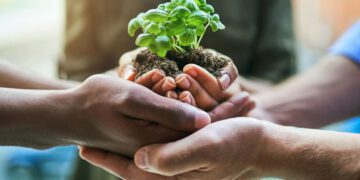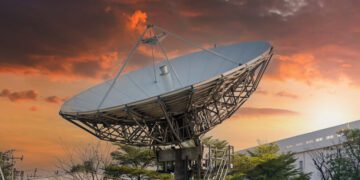Agriculture, traditionally associated with crops, is just one facet of a multidimensional food production landscape. As the global demand for diversified diets rises, the spotlight is increasingly on sectors like aquaculture and livestock. These sectors are not only answering the call for increased food production but are also evolving rapidly through innovation. “In the quest for food security, the blue waters and vast pastures offer as much promise as the green fields.”
1. Aquaculture: The Blue Revolution
Aquaculture, the farming of fish, shellfish, and aquatic plants, is one of the fastest-growing food sectors globally. Innovations in breeding, disease control, and feed formulation are pushing its boundaries, ensuring a sustainable and abundant yield.
2. Precision Livestock Farming: The Art of Tech-Enabled Animal Husbandry
Harnessing sensors, AI, and data analytics, precision livestock farming monitors the health and needs of individual animals. This not only optimizes resource use but also ensures animal welfare, leading to better quality produce.
3. Sustainable Feed Formulation: The Building Blocks of Health
Both fish and livestock require high-quality feed for growth. With the depletion of natural resources, there’s a surge in research towards sustainable feed ingredients like algae, insects, and lab-grown proteins.
4. Integrated Farming Systems: The Best of Both Worlds
Combining aquaculture with crop or livestock farming can create symbiotic ecosystems. For instance, fish waste provides nutrients for crops, while crops help filter and purify water for fish, ensuring a cycle of sustainability.
5. Genetic Enhancements: Crafting the Future
Advanced breeding techniques and genetic modifications are being used to develop fish and livestock breeds that grow faster, resist diseases better, and have a reduced environmental footprint.
Conclusion
The innovations in aquaculture and livestock sectors signal a profound shift in how we approach food production. By marrying traditional knowledge with modern science, we’re not just producing more food but are doing so in ways that are sustainable, efficient, and in harmony with nature.

